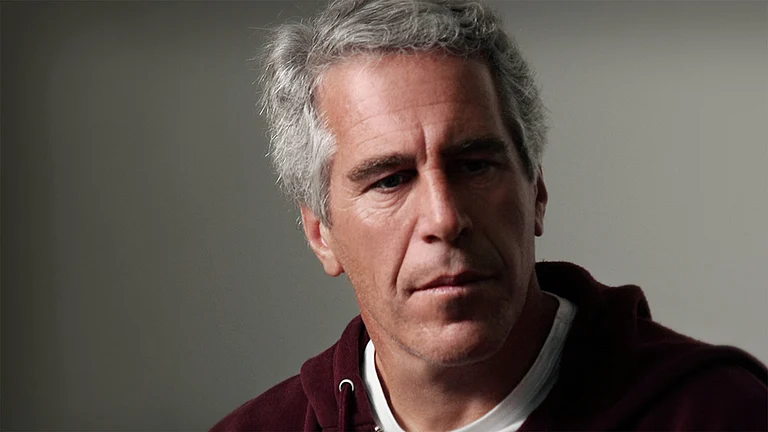AFTER the chill the nuclear tests brought in last summer, some of the old warmth is creeping back into Indo-British relations. British foreign secretary Robin Cook, who mouthed some of the most hostile language over the nuclear tests, is now speaking of making a new beginning. After a near-freeze in exchanges, ministers of both countries are rushing to rebuild bridges. British deputy prime minister John Prescott will visit India soon, preceded by economic secretary at the Treasury, Patricia Hewitt. From the Indian side, external affairs minister Jaswant Singh will be in London this week (February 2-5) to shore up the gains made during special emissary Brajesh Mishra's visit to London a week ago.
Mishra, who had the unpleasant charge of confronting Cook in the weeks after the May nuclear tests, found a changed man in his meeting with him a week ago. He spoke of a change in atmosphere and perceptions that he said was quite visible. And on the nuclear tests at that. There seemed to be a better understanding of our point of view today,' said Mishra.
The British, who had cancelled the visits of the Indian naval and army chiefs after the nuclear tests, went so far as to set up two meetings for Mishra in the ministry of defence. British defence secretary George Robertson spoke of resuming defence ties between India and Britain. A defence consultative committee of the two countries will also be revived.
There was a misunderstanding last year, high commissioner Lalit Mansingh said at a Republic Day function held by the Indian Overseas Congress in London on January 27. That's over. The Indo-British Partnership, launched by former prime minister John Major in 1993, too is showing signs of moving back on track.
The visits both ways are all a part of the process of thaw in relations, an Indian official said. It began with a diplomatic feeler last October. Jaswant Singh, then special emissary of the prime minister, stopped in London on way from Paris in what was described as an unofficial visit. It was a quiet invitation to the British to make an invitation. They did. Cook invited Jaswant Singh for a meeting and spoke of making a new beginning. The quick steps in one another's direction now are just that.
Some of this follows predictably from a reduction in American hostility over the tests. But the meetings at the ministry of defence in London point to more than that. The British haven't bagged a single big defence order since they sold India the Jaguars in the 70s. Not Howitzers, not jets, not tanks. An economy confronted with declining exports and manufacturing needs defence sales, markets for which are shrinking around the world, but not quite in India. Defence minister George Fernandes raised again the ghost of a decision on advanced jet trainers (AJT) for the Indian Air Force on a visit to Paris. The French Alpha Jet and the British Hawk have been on the shortlist for so long that both are a generation behind now. Still, India does remain a potential market for defence goods if not the AJT.
But Indian officials in London say that a renewed British interest in improving relations with India is not all so cynically self-serving. The Labour government seems at last to have begun to see weight in Indian diplomatic arguments over Kashmir. There is a growing realisation, says Mansingh, that the people of Jammu and Kashmir want peace and that this, to a very great extent, is being thwarted by externally aided mercenaries. Britain, he says, has shown appreciation and understanding of our point of view. In his meeting with Mishra, Cook had asked about the Indo-Pakistan dialogue, not anything pointedly on Kashmir. In India, junior minister in the Foreign Office, Derek Fatchett, had said there would be no British gatecrashing on Kashmir.
Any which way, a rapprochement is beginning to make more sense all round. Differences over nuclear policy remain but we have been able to contain our differences so that they do not adversely impact on the overall relationship, says Mansingh. Unlike six months ago, the British are now keen to talk around nuclear matters and not just on them. Suddenly, the silence has given way to a great deal of dialogue.

























